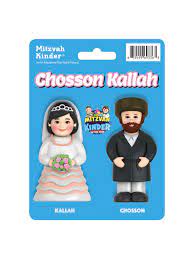Clinical Trials : There Is Hope
As Jews, we lead our lives accompanied by G-d’s hand, with meaning and connection, through the good times and the bitter times. Unfortunately, there are a number of families among the readership of the Where What When that are going through the bitterness of illness, cancer in particular. A lack of knowledge and opportunity can heighten the difficulties of these life troubles, whereas the right information can help bring hope and more meaning to them.
Let me share a true story that exemplifies this: Mr. L was going through a bitter time back in early 2016, and I personally witnessed how his dire situation gained a large measure of hope four months later in June of that year. At that time, I emailed the following note to my National Institutes of Health (NIH) Bnos Yisroel Bridge Program interns:















